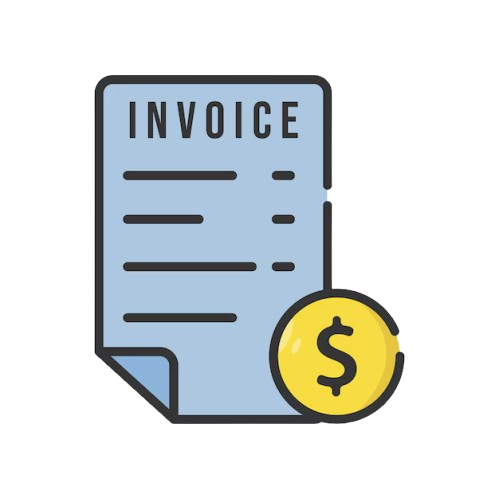
Bridging Finance
Short-term funding for property purchase or investment.

Property Development
Flexible finance for construction and development projects.

Merchant Cash Advance
Quick working capital based on your card sales.

Invoice Finance
Unlock cash tied up in unpaid invoices.

Asset Finance
Get equipment with minimal upfront cost.

Growth Guarantee Scheme
Finance solutions backed by growth schemes.

Secured Business Loan
Loans backed by business or personal assets.

Unsecured Business Loan
Get funding without collateral for your business.

R&D Tax Credits
Innovate More, Pay Less Tax.


